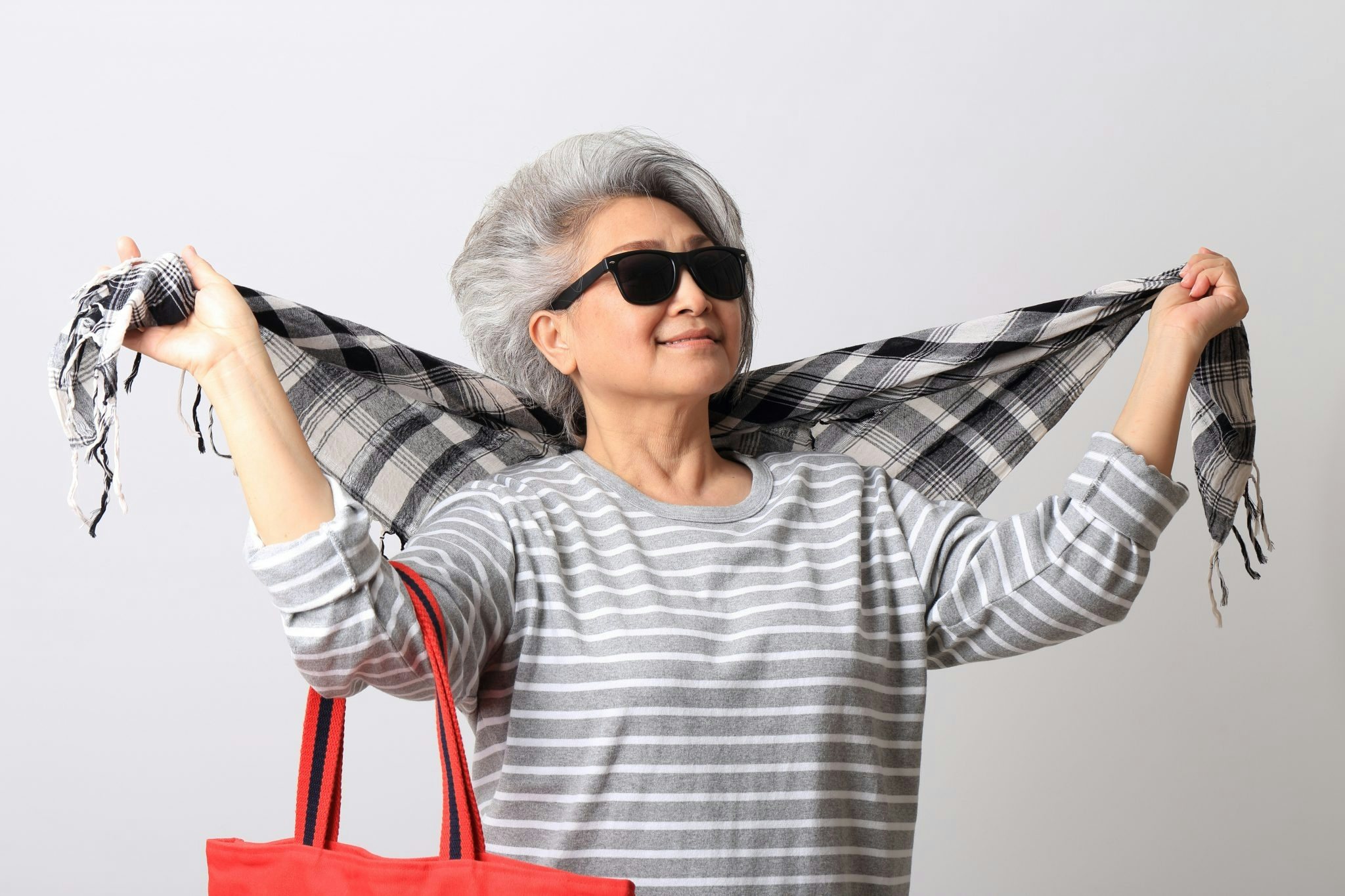Everyone knows the fastest growing group in China is the millennial demographic, right? Think again.
The “silver generation” is actually the fastest-growing group in China, and seniors—a demographic that accounts for one-third of the entire country's spending—are being virtually ignored by the luxury industry.
“The over-60s in China are no longer just looking for tradition and traditional ways of buying,” said Joy Li, a 67-year-old retired school teacher from Shanghai to Jing Daily. “We like treating ourselves, we like new, modern luxury products and modern ways of purchasing them.”
Li’s right: China’s seniors are eager to spend according to a study by the China-Britain Business Council, which found that 40 percent of Chinese retirees are willing and able to go on luxury holidays, with over-60s setting aside an average of 15 percent of their annual income for travel. In 2013, 2.5 million Chinese people had an annual income of more than 130,000—51 percent of that group were 40 to 49-year-olds and 21 percent were 50-years-old and over—a robust market that’s only growing.
“The elderly pay more attention to service quality, shopping experience, and the convenience of a shopping mall,” says Thibaud Andre, Research Manager at the Daxue Consulting Group in Shanghai. “Offline events are usually an excellent way to promote brands toward elderlies in China.”
“However,” he adds, “nearly half of seniors in China are using Wechat.” Indeed, China’s elderly population are now the most frequent users of the country’s top social media app WeChat, with over-60s using 80 percent of their cell data on WeChat as opposed to just 6.8 percent by the 18 to 35-year-old generation.
So with the luxury market obsessing over millennials, are they missing a huge opportunity with the senior demographic?
Luxury brands, it seems, are just beginning to recognize the power of over-60s in China. In an interview last week, L’Oreal China CEO Stéphane Rinderknech said that “we have this ‘silver generation’—the seniors—who represent hundreds of millions of additional potential consumers.” Yet successful marketing campaigns from L'Oreal's brands—a list that includes luxury companies Giorgio Armani, Lancome, Stella McCartney and Yves St. Laurent Beaute—are still slow to emerge. L'Oreal did not respond to requests to comment.
According to analysts at Daxue, the present scale of the country’s senior-related industries is almost 450 billion dollars, a number that’s expected to double by 2021. There are an estimated 241 million people aged 60 and over in China today—17.3 percent of the population according to a report by Chinese media outlet Xinhua on China’s National Bureau of Aging, but by 2050, analysts predict that number will reach 487 million or 34.9 percent of the country’s population. That’s one-quarter of the entire over-60s population worldwide.
And yet, according to a report last year by the international research firm Mintel, only 8 percent of elderly Chinese consumers feel marketers adequately target them with products. The study, which surveyed 600 Chinese seniors in 10 cities and 3,000 online, highlighted the disconnect between the silver generation and brands attempting to reach them.
Even analysts, it seems, can't explain what makes a successful silver generation marketing campaign. Many marketing companies expressed surprise at being asked about the senior market at all, a sentiment that’s been noted by elderly consumers themselves. "They think we don't exist," said David Chan, a retired sales manager from Beijing.
One company honing in on the silver generation’s techy spending potential is Alibaba, who launched its “Taobao for Elders” program earlier this year. The senior-friendly version of the popular e-commerce site aims to make it easier for over-60s to pay for products online, offering a peer-to-peer chat function and a “pay for me” link that customers can send to family and friends.
At the time, Ding Jian, the channel’s head of development, told Alizila that “we want Taobao to become a bridge—one that helps them [seniors] strengthen relationships with the younger generation, bringing them closer together.”
Alibaba says two “Senior Experience Officers” officially started working at Taobao recently.
According to Andre, online functions like Taobao's "pay for me" link could become a lucrative way to market to China’s over-60 population. “The elderly rely on their family’s opinion, and their social consumption demand is stronger,” he added. “Family and friends’ recommendations have a major impact on their purchasing decisions.”
But the biggest problem, says Li, is that luxury brands are struggling to understand China’s evolving older generation. “They think all we want is to sit at home and read,” she said, “but we don’t. We want to travel, we want to look nice, we want to have nice skin, nice hair, nice clothes. We're willing to pay money for it.”


